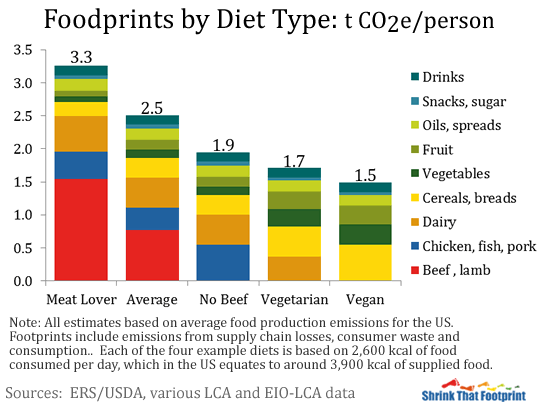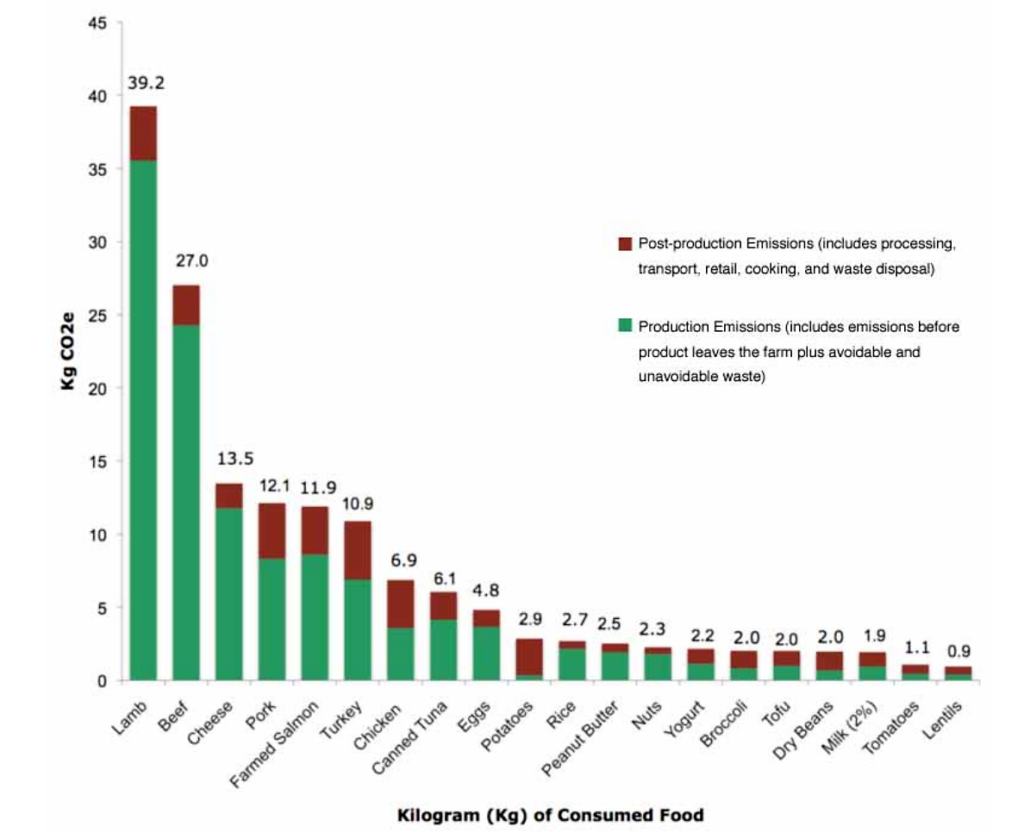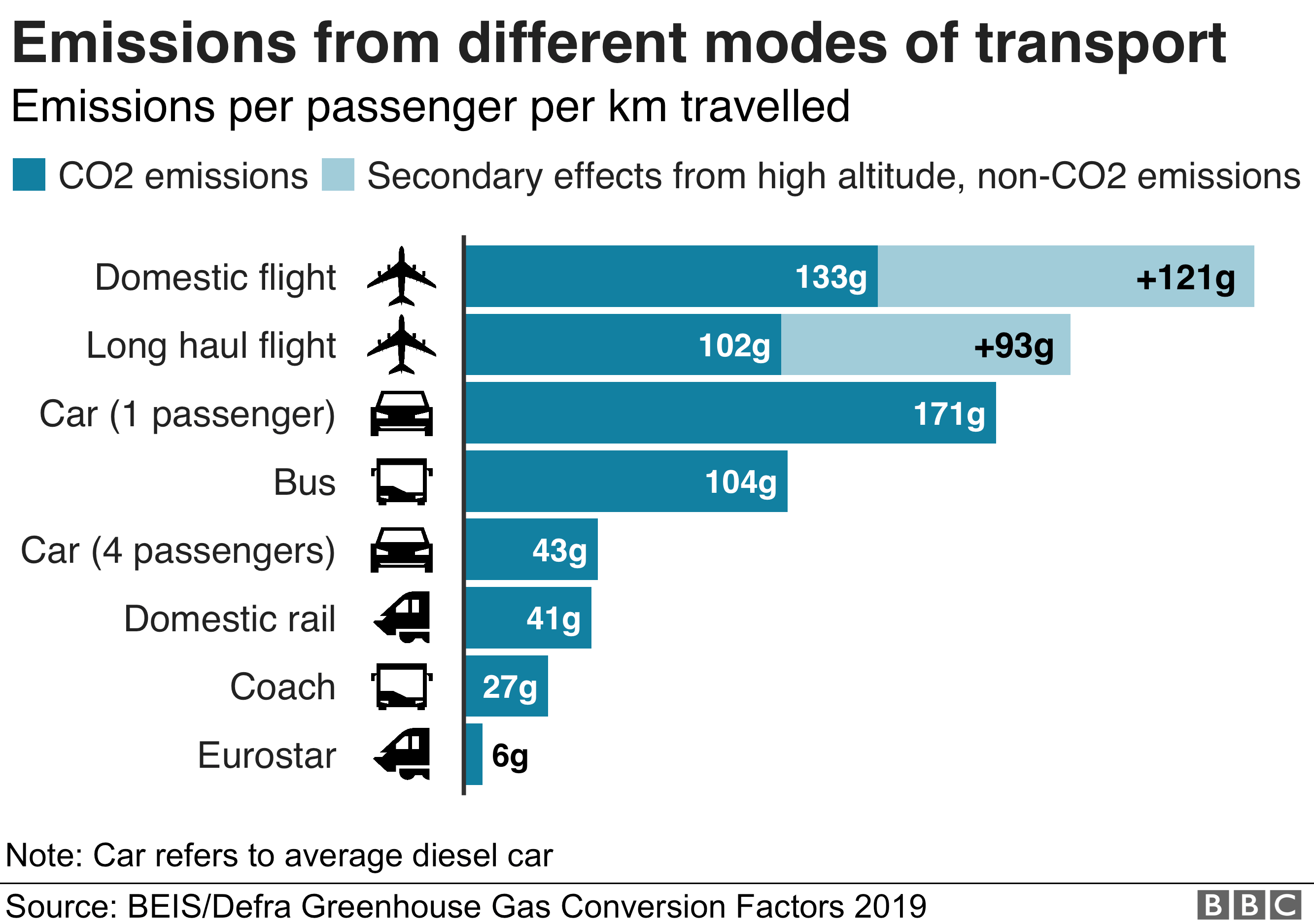Climate Change
Climate change is a reality that cannot be ignored, and its deadly consequences are becoming increasingly apparent. From Europe’s worst droughts in summer to devastating floods in Pakistan, the effects of climate change are felt worldwide. Climate scientists are urging us to take action and reduce our environmental footprint.
The Intergovernmental Panel on Climate Change, the foremost international authority on climate change, has warned that catastrophic impacts are imminent if we do not take urgent action to reduce our greenhouse gas emissions. It is crucial that we act now to mitigate the effects of climate change and protect the future of our planet.
Planetary Health defined as “the health of human civilisation and the natural systems on which it depends”. It recognises that human health and the health of our planet are inextricably linked.
How can we reduce our impact on our planet?
Going vegan is the ‘single biggest way’ to reduce our impact on the environment.
According to the United Nations, the global food system accounts for about one-third of global greenhouse gas emissions.
The production of meat, particularly beef and lamb, is particularly energy-intensive and contributes significantly to greenhouse gas emissions. Animal agriculture is also a major source of land use, water use, and pollution, which further contribute to climate change.
In addition to the impact of animal agriculture, the production and transportation of food, particularly processed and packaged foods, also contribute to greenhouse gas emissions.
Choosing a plant-based diet can significantly reduce our carbon footprint and mitigate the effects of climate change. Eating locally sourced and in-season produce can also reduce the carbon footprint associated with food transportation.


While diet and food production are significant contributors to greenhouse gas emissions, there are other human activities that also have a major impact on climate change.
The burning of fossil fuels, such as coal, oil, and gas, for energy production is the largest contributor to greenhouse gas emissions. This includes activities such as electricity generation, transportation, and industrial processes.
Deforestation and land-use changes, particularly in tropical regions, also have a significant impact on climate change. Forests serve as carbon sinks, absorbing carbon dioxide from the atmosphere, and their destruction releases large amounts of greenhouse gases.
Other activities that contribute to climate change include industrial processes, such as cement production, and waste disposal, particularly of organic waste in landfills.
Reduce Your Transportation Footprint
Globally, transport accounts for around a quarter of CO2 emissions. Most transportation relies on fossil fuel which generates and accounts for about 25% of CO2 emissions.
In particular, road transportation is a significant source of greenhouse gas emissions, accounting for about 17% of global emissions. Cars and trucks are responsible for the majority of these emissions, with passenger vehicles alone accounting for approximately 10% of global emissions.
Aviation and shipping are also significant contributors to greenhouse gas emissions. While they account for a smaller percentage of global emissions, they are expected to increase significantly in the coming years as demand for air travel and international trade continues to grow.
To mitigate the impact of transportation on climate change, there are various actions that can be taken. These include promoting the use of low-carbon or zero-emissions vehicles, such as electric cars or hydrogen fuel cell vehicles, increasing the use of public transportation and active transportation modes like biking and walking, and improving the fuel efficiency of planes, ships, and other vehicles.

